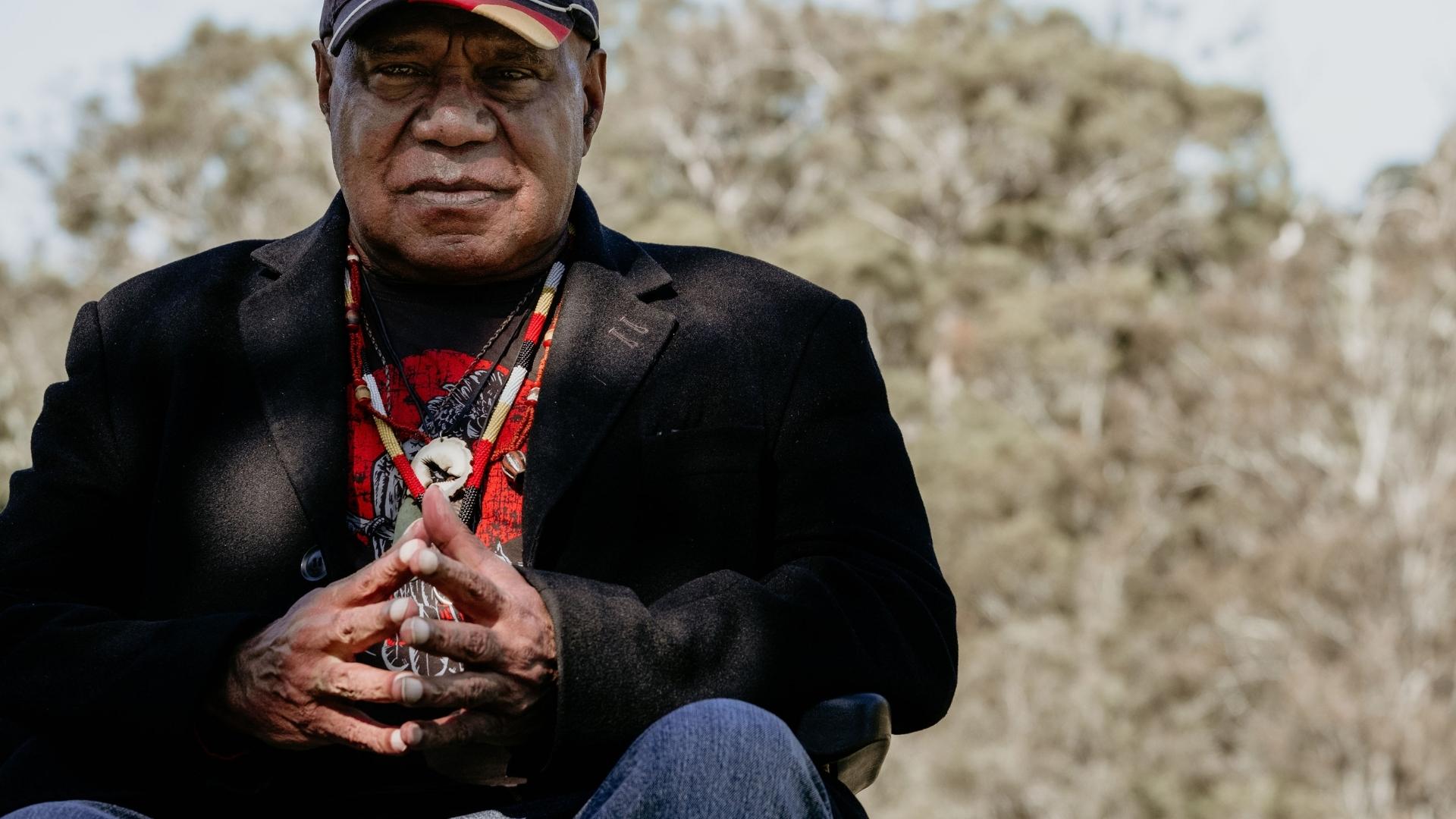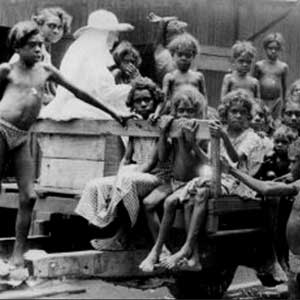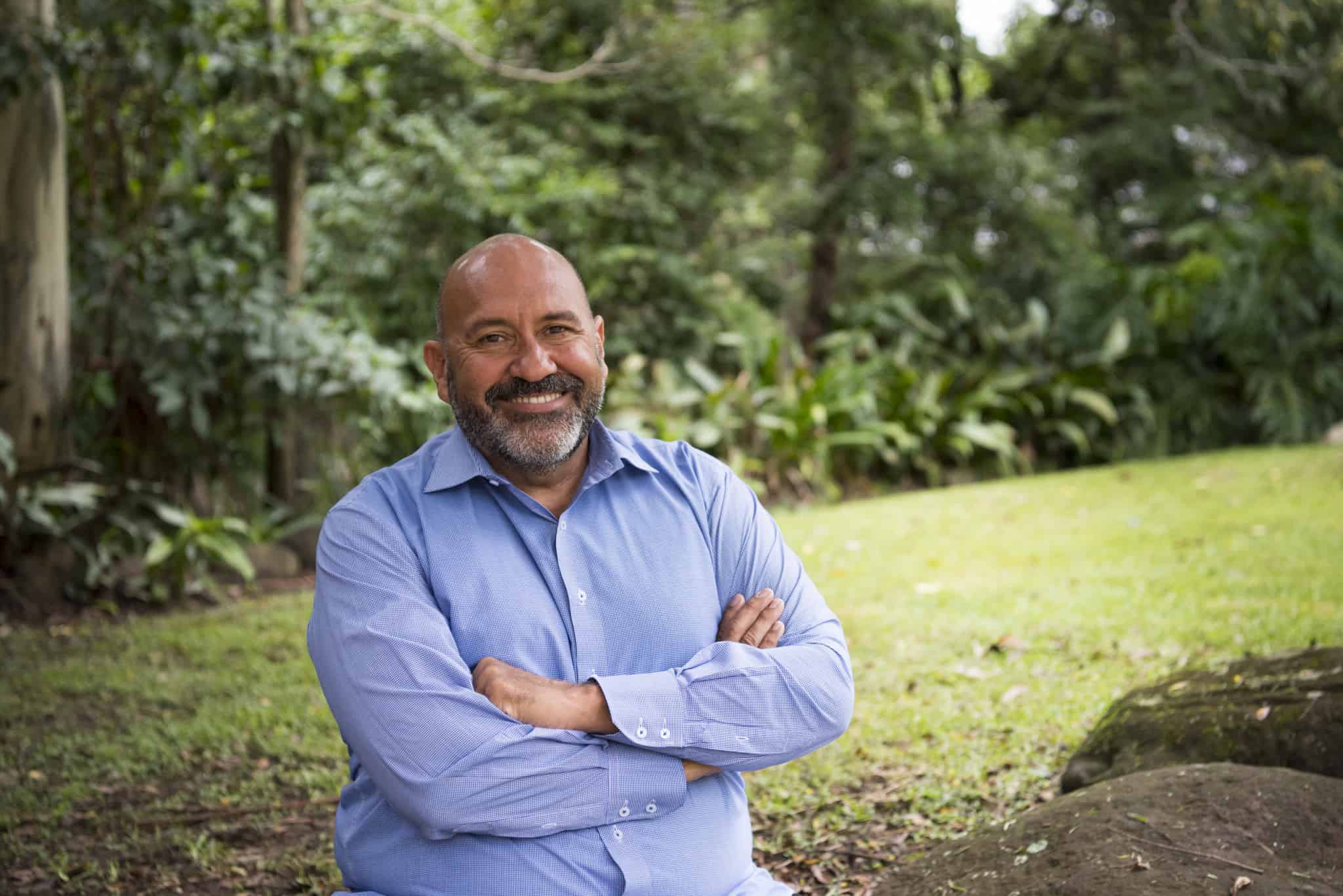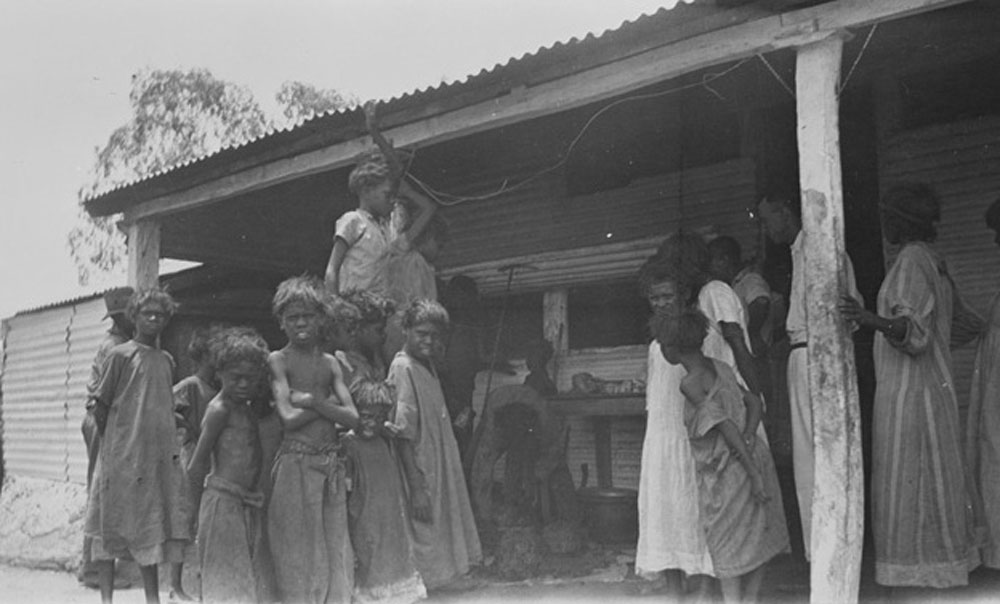The stolen generation refers to the practice of forcibly removing Indigenous children from their families and communities in Australia between the late 1800s and the 1970s. This policy, which was implemented by the Australian government, had a devastating and lasting impact on Indigenous communities and individuals.
One of the main impacts of the stolen generation was the loss of cultural identity and connection to land. Many of the children who were taken from their families were not told about their cultural heritage or allowed to maintain connections with their communities. This resulted in a loss of cultural traditions and knowledge, as well as a disconnection from the land and spiritual practices that are central to Indigenous culture.
The stolen generation also had significant emotional and psychological impacts on the children and their families. Many children were subjected to physical and sexual abuse in the institutions where they were placed, and they often experienced feelings of loss, grief, and trauma as a result of being separated from their families. For the parents and families of the stolen generation, the loss of their children was devastating and had a lasting impact on their mental health and wellbeing.
The stolen generation also had far-reaching social and economic consequences. Indigenous children who were taken from their families were often denied education and vocational training, which limited their opportunities and contributed to the cycle of poverty and disadvantage that has plagued Indigenous communities for generations.
The legacy of the stolen generation continues to be felt today. Many Indigenous Australians who were part of the stolen generation are now elderly and have experienced a lifetime of trauma and loss. Their children and grandchildren have also been affected by the intergenerational trauma caused by the policy, and Indigenous communities continue to face challenges such as poverty, poor health outcomes, and over-representation in the criminal justice system.
The stolen generation is a dark chapter in Australia's history, and it is important that we acknowledge and address the harm that was caused. This includes providing support and compensation for the survivors of the stolen generation, as well as working to address the ongoing social and economic disparities faced by Indigenous communities. Only by acknowledging and addressing the past can we hope to build a more just and equitable future for all Australians.






